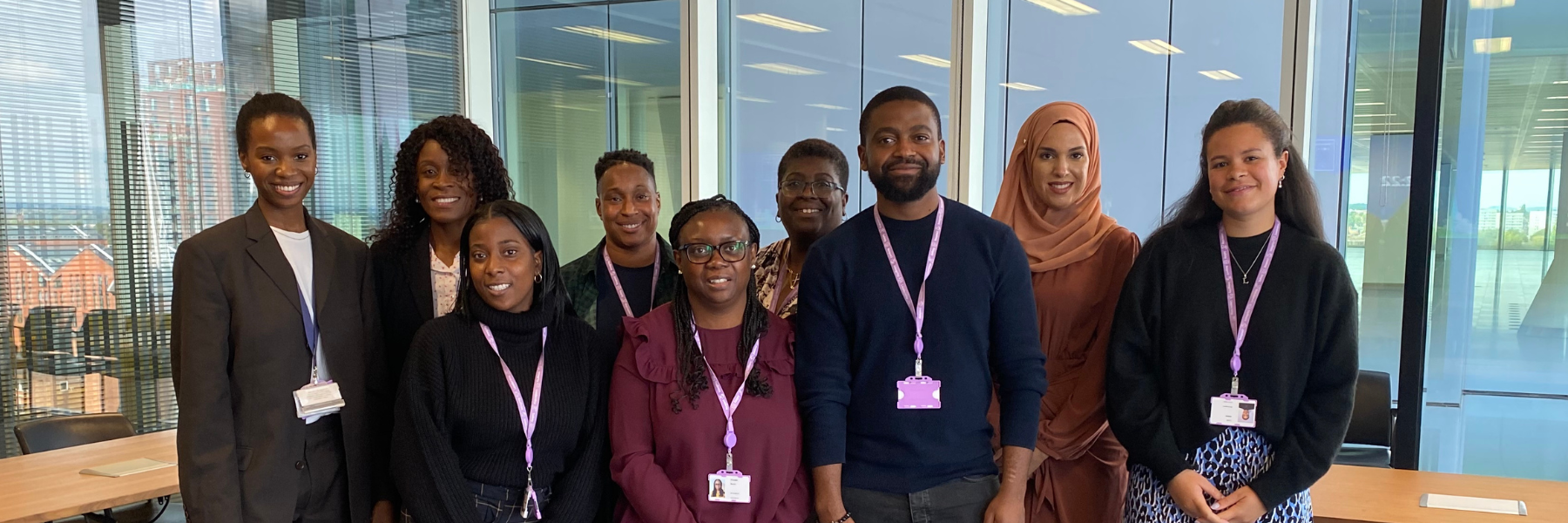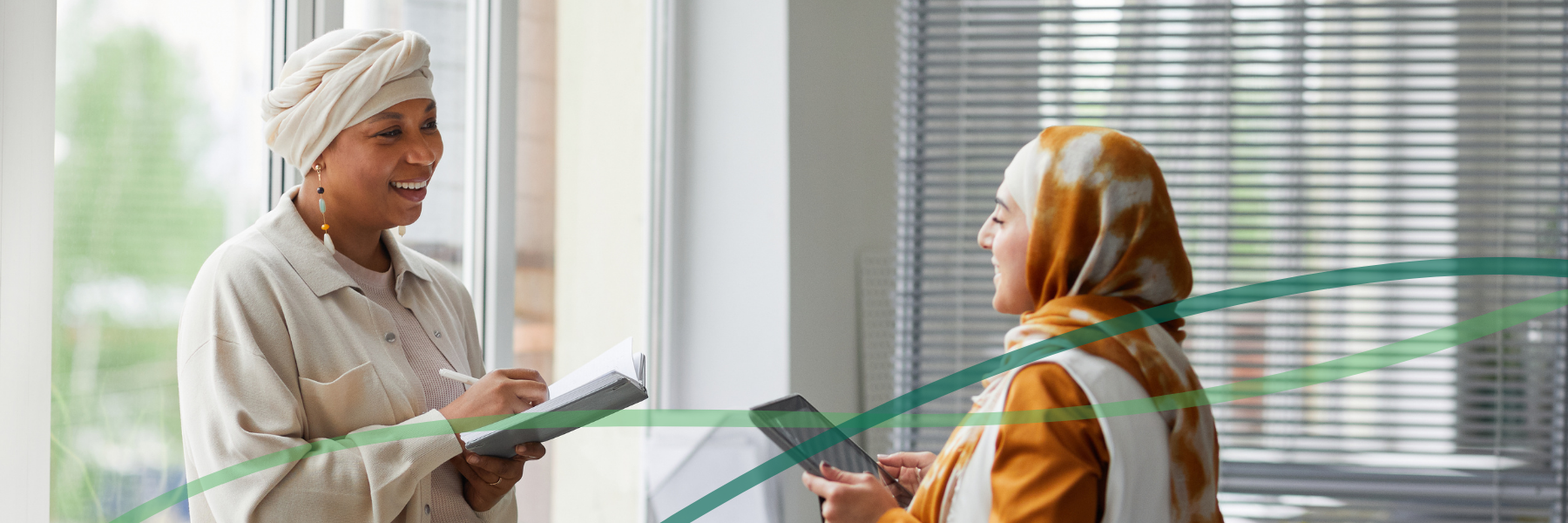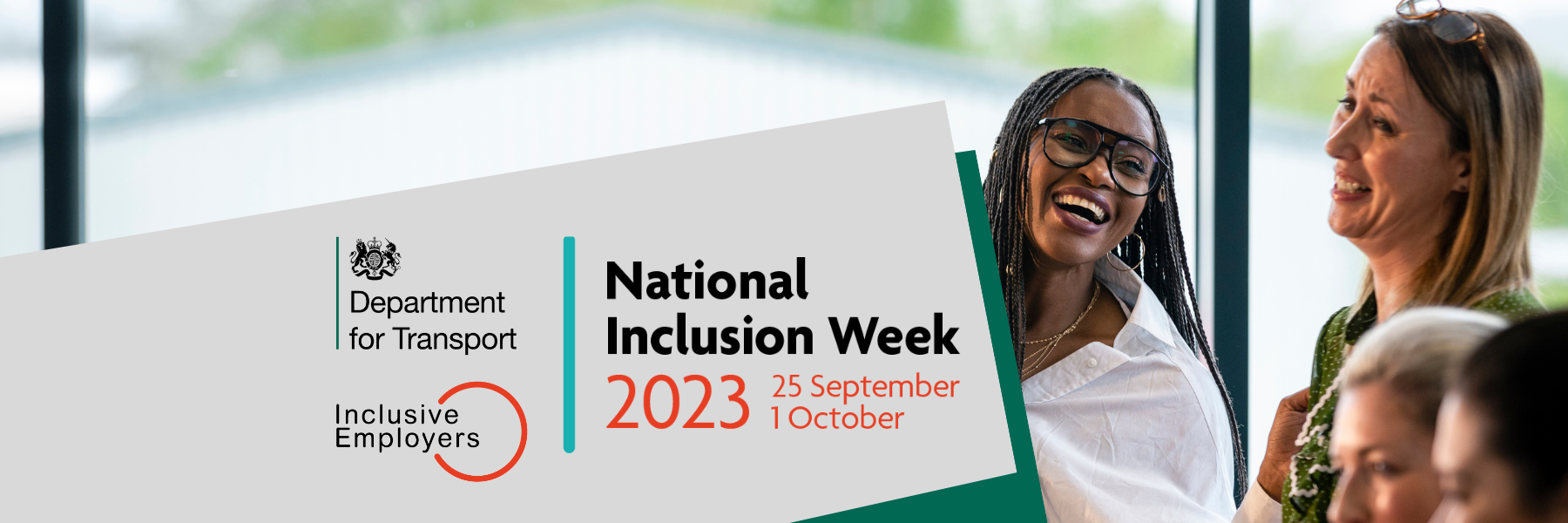With DfT’s Black History Month celebrations centring around wellbeing, the Black Staff and Allies Network was joined by Permanent Secretaries Bernadette Kelly and Gareth Davies for a special viewing of Insight: a film about Mental Health in the Department for Transport Black Community.
The event premiered the network’s poignant Black History Month video, ‘Insight’, showcasing a view of mental health in the black community. They asked Black colleagues to respond to the question, how have your views towards mental health changed over the last two years?
Press play to hear what they said!
Transcript
Speaker 1
What I’ve done to ensure that I keep it as a priority is using fitness as one of my coping mechanisms and stress relievers. I’ve also made sure that I schedule my fitness plan in my working day to ensure that I can relax.
Speaker 2
I’d say my views on mental health have changed a lot over the past two years. I went from a person who really didn’t think about mental health too deeply to sort of seeing the direct impacts of mental health both within friends and family as well as myself. So I’ve come sort of full circle on it from someone who didn’t really think about mental health to sort of seeing its importance and the impact that it has on day-to-day life. I think about it a lot more than I did two years ago.
Speaker 3
I like to have a more holistic view of my mental health. I really look at how I’m feeling emotionally, mentally and physically, so I’m a big fitness fanatic. That’s the thing that really ensures that I’m OK mentally, and sometimes when that’s not OK, it impacts me as well. But generally, I take a more holistic view of my mental health, and that helps me both in the workplace and outside in my personal life.
Speaker 4
The last two years have been a time of both great change and challenge for most people. COVID-19 really brought to the forefront the pre-existing mental health inequalities that Black people face when accessing services. I think for the first time though, we are starting to see the tide change ever so slightly. But there is a noticeable difference in understanding more about the mental health needs of Black people.
We are also getting to a stage where we can get comfortable with having uncomfortable conversations within our households and in our communities about the importance of mental health.
Speaker 5
I definitely do believe that the George Floyd protests and the tragic passing of Belly Mujinga, let off a lot of dynamic discussions, not only in the UK but across the world about the black experience and how mental health plays into that.
I’m fortunate enough to come from a very proud African family, that has created an environment, for us and my siblings and my cousins, along with my grandparents and my parents to discuss Black mental health and that has definitely extended itself to my friendships.
I’m fortunate enough also to live in a generation where people are confident and comfortable enough to discuss their mental health, share resources, and share tips. There’s an experience of mental health in Black people and navigating it in the work experience, the personal side of things. But again, we just have to lean in and be friendly and any little it does help, you know, do try and be friendly. These little things do help people’s mental health.
And I’m also very happy that we’re living in a time where access to mental health has been so fruitful, it’s so abundant compared to previous generations and previous years.
Speaker 6
Thankfully, over the last two years, I’ve seen an improved awareness of mental health. This is due to the rise of social media and also the development of culturally appropriate initiatives. For me, mental health is an essential part of overall physical health and satisfaction. I understand the importance of talking, of building connections, of building a village. I also understand that I do not have to live up to the stereotypes of being a strong black woman or a strong black person.
Suffering from mental health is not a weakness. In fact, addressing mental health shows real strength.
Speaker 7
I think over the past two years, especially with COVID, people haven’t been necessarily very visible. So you’ve had to check in with your colleagues and kind of do those things without asking twice.
Actually, are you OK? Because you’re not necessarily seeing them in person. I think definitely since coming back into the office that’s been great because you’ve been surrounded by colleagues, especially in the Birmingham office. We’ve got a great community and I think you come into the office on a particular day and you don’t feel great, there is such a supportive community around you.
So I think things have improved.
Speaker 8
I realised that I have had to prioritise it in the past. It’s not something that I really considered or something that I thought would affect my performance either being a good friend or my 9-5 until I realised that there were certain aspects of my mental health that were actually leaking into my performance. So what I’ve started doing is actually sitting down and evaluating where I am with my mental health.
Speaker 9
Hi everyone, my name is Steve. I’m a mixed-race man from Tiger Bay, the docks in Cardiff, the biggest multicultural area in Wales. And I’m a proud veteran who served 25 years in the military. Those experiences have made me quite a robust individual. However, I have been broken over the years and the last two years in particular have been very testing – the lockdown was particularly hard for me.
My mild PTSD had become less mild, and I think I have to seek support from those who I loved around me. I would say reach out to people, talk to people. People are really important in your life, and being able to talk about the challenges that you have personally are really important. Regardless of your history, to be robust, you need to share. Please share.
Speaker 10
My views on my mental health have changed quite significantly in the last two years. I really have now started to think about myself a lot more than I did previously. I grew up in a background where mental health wasn’t really talked about and where mental health was actually quite a taboo subject. I now interact and consider people a lot more than I would have previously, and I really invest in myself a lot more than I used to.




